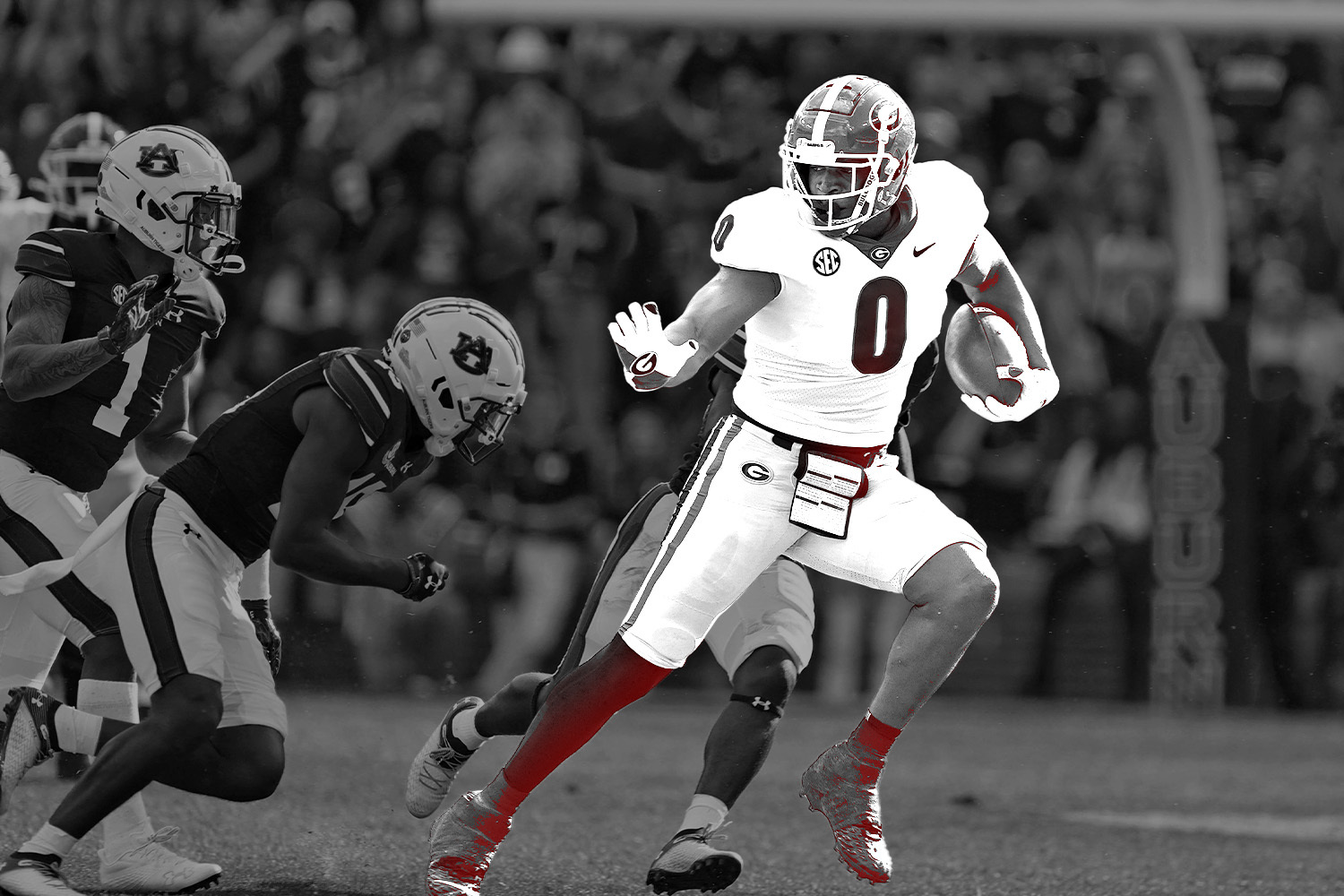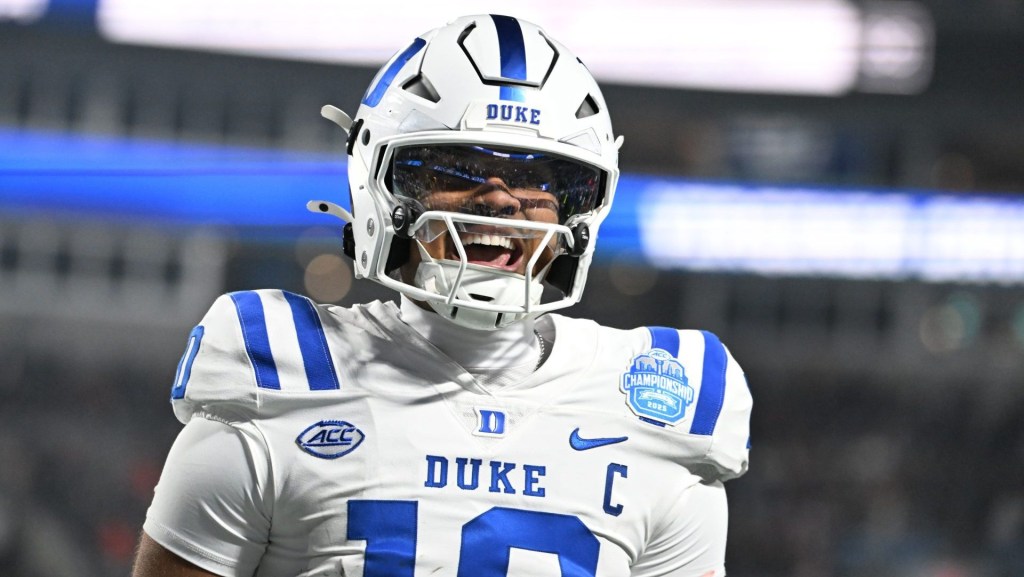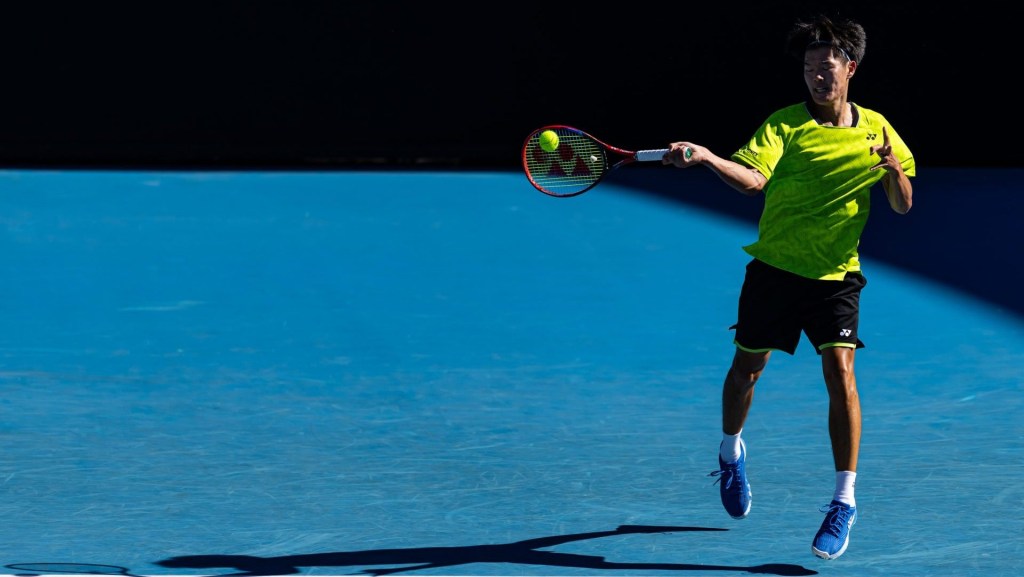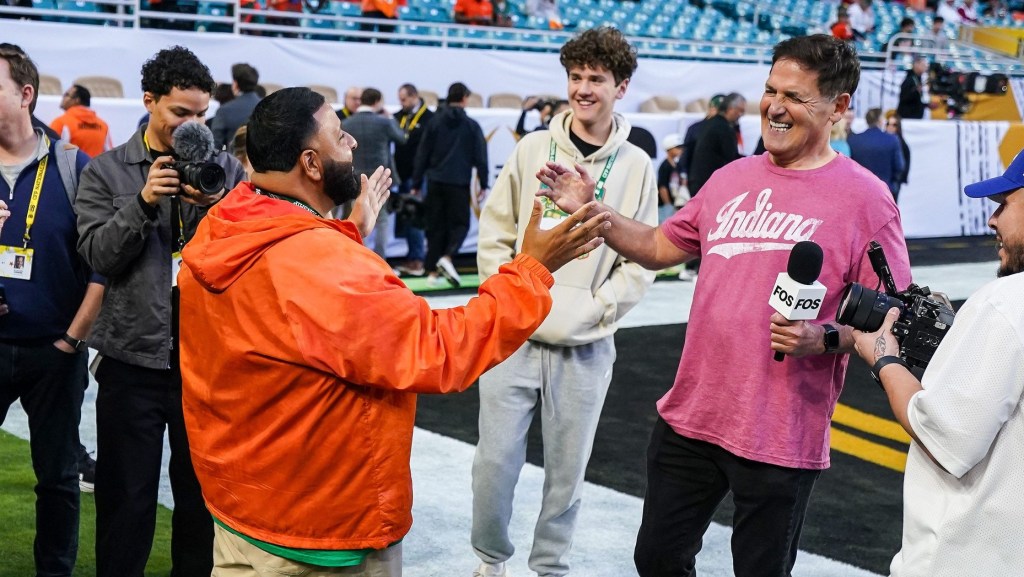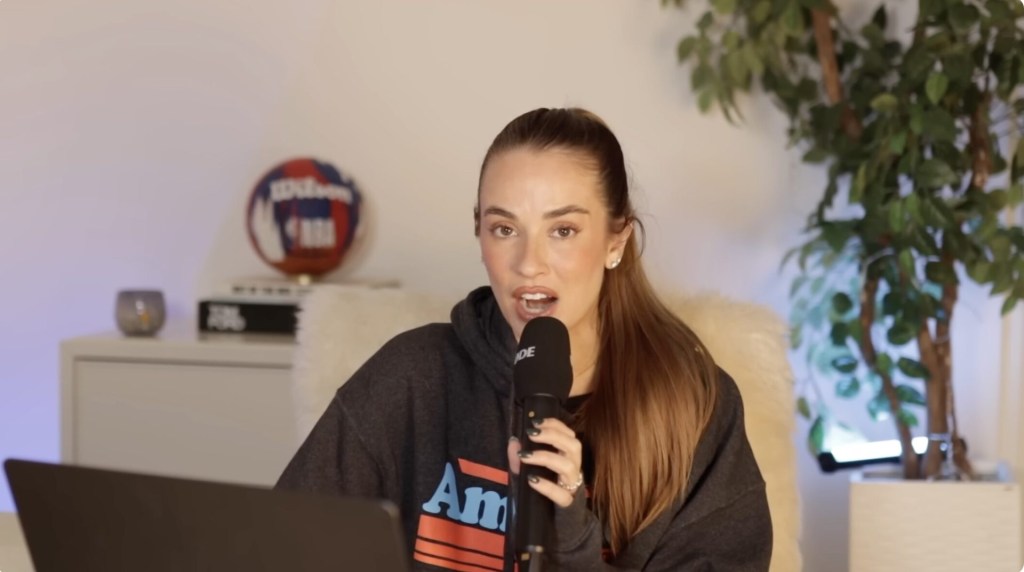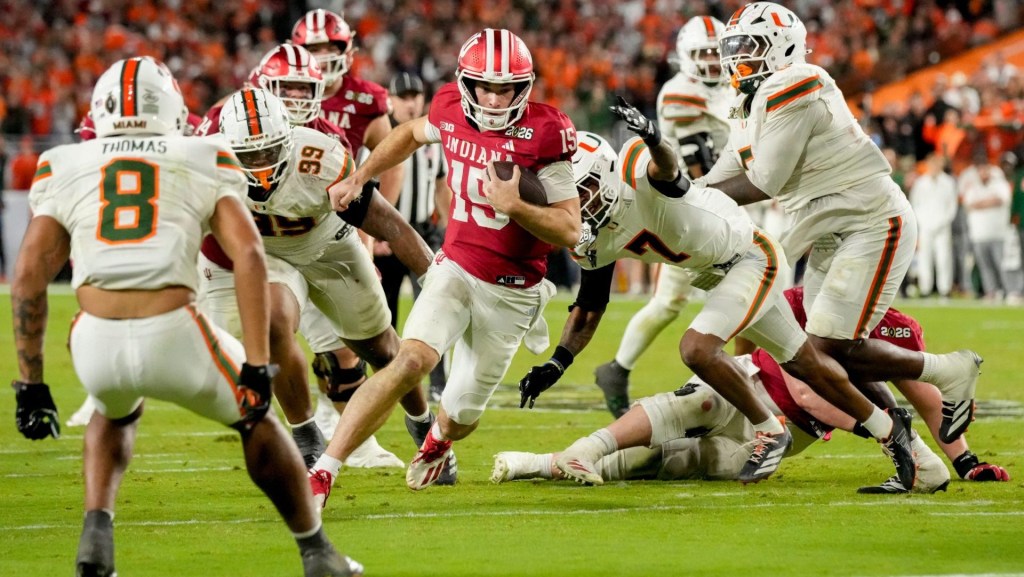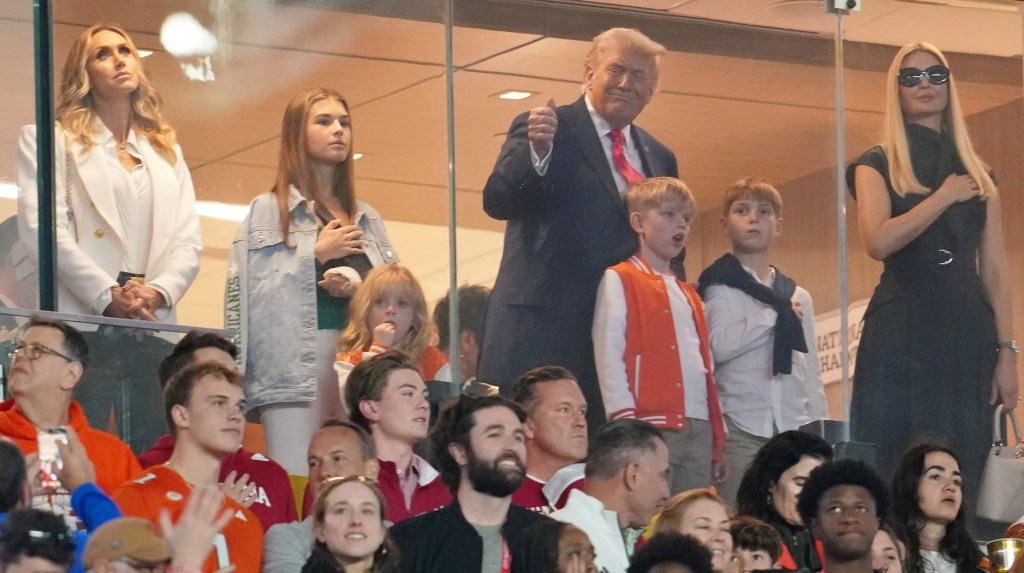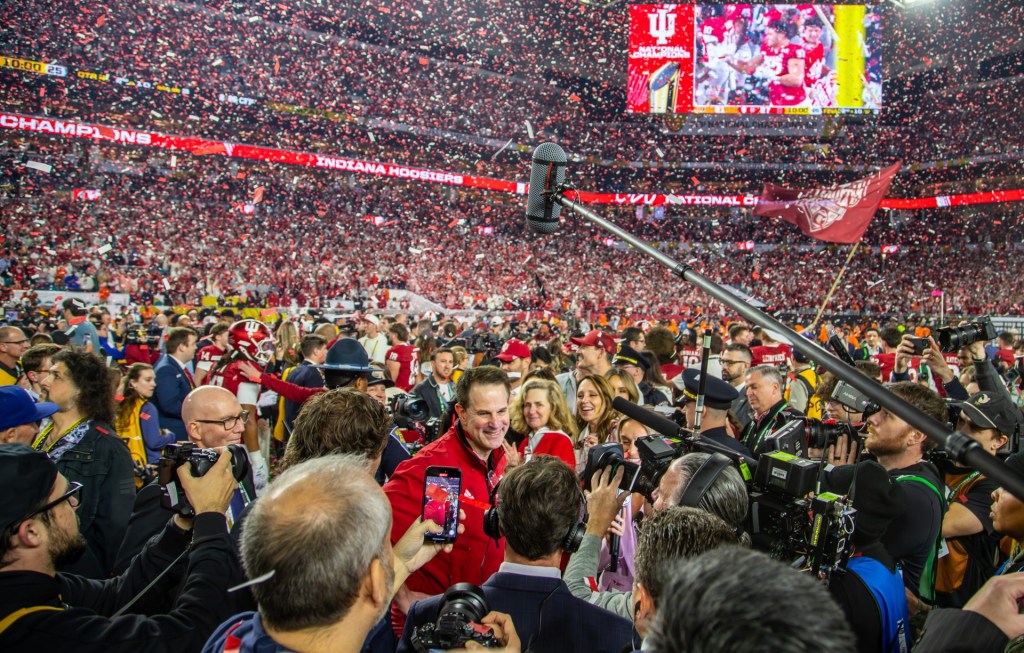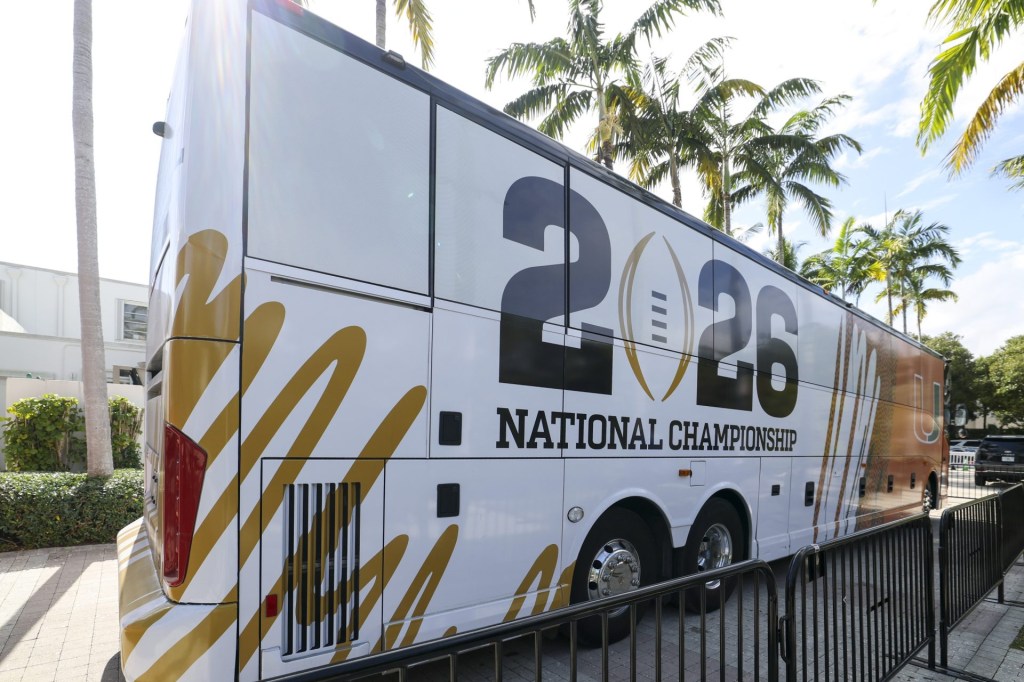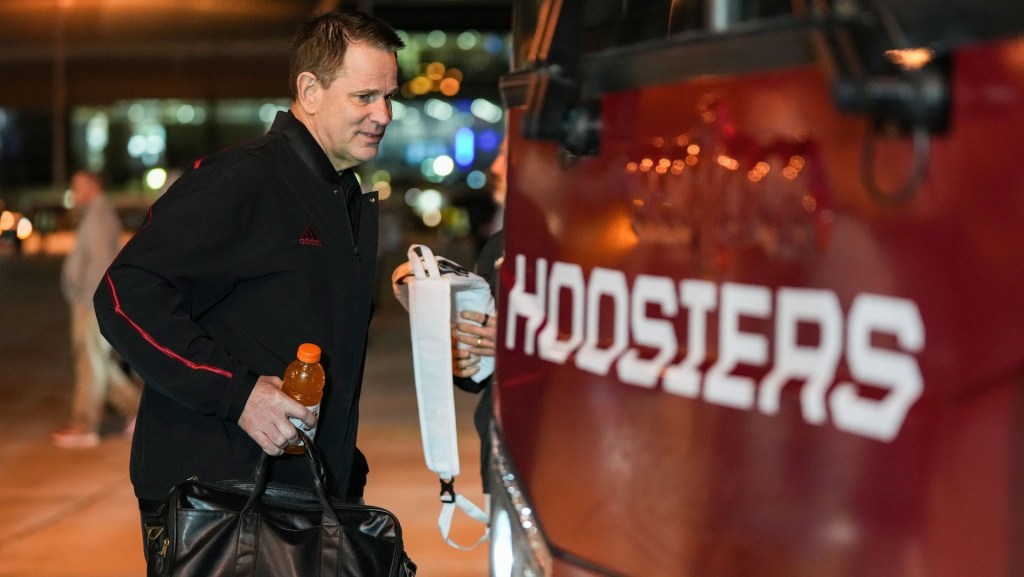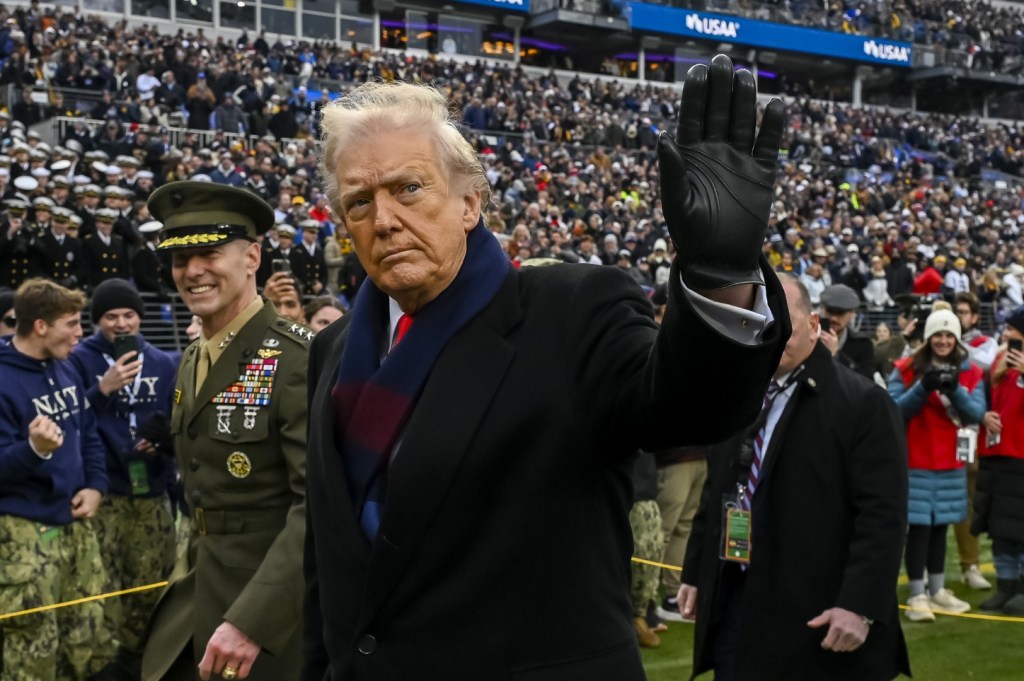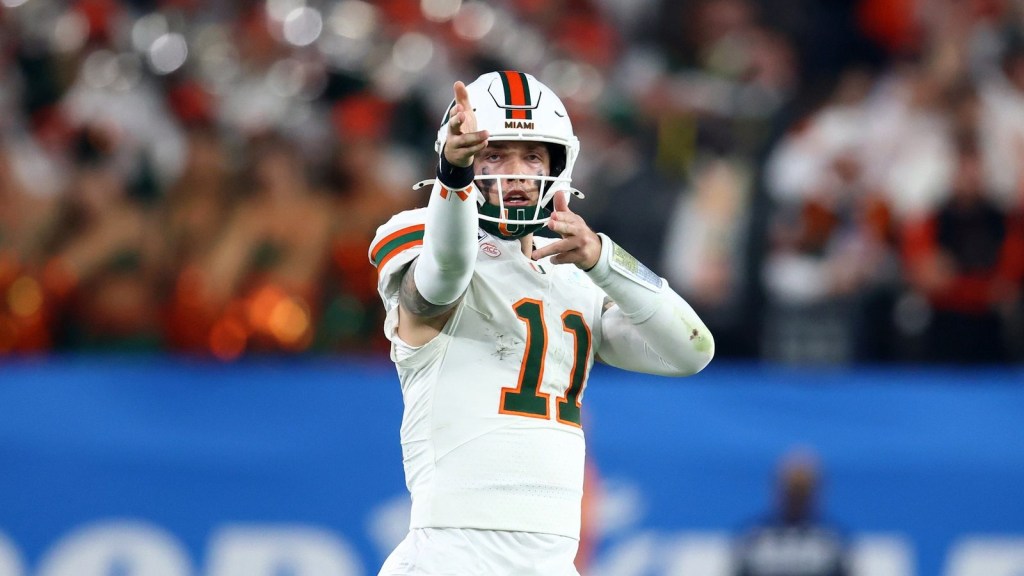Six Power 5 schools – Georgia, USC, LSU, Tennessee, South Carolina, and Texas – have signed on to renew with Altius Sports Partners for their name, image, and likeness education and compliance services, Front Office Sports has learned.
In total, the multi-year deals will be worth about $2 million.
As the six-month-old NIL era soldiers on, there are more outside forces than ever pushing for athlete compensation rights to expand further, though it’s unclear exactly what changes may befall the NCAA and schools, or when.
In the future, Altius Sports Partners plans to offer services to help schools navigate any changes to how athletes are classified or compensated, CEO Casey Schwab told Front Office Sports.
The company is part of a cottage industry that’s sprung up to consult on matters relevant to the new NIL landscape, and one of several young companies that has signed deals with athletic departments nationwide. Altius Sports Partners staff includes gold medalist and ESPN analyst Jessica Mendoza and former President of Production at Fox Sports John Entz.
There’s growing sentiment across the industry that more reform could be imminent. Even the NCAA has acknowledged this – it recently softened the language of acceptable athlete benefits in its constitution draft in case it is forced to reform.
How much could athletes make under new laws or regulations?
If Black football and basketball players got a cut of athletic department revenue, for example, they could have made between $1.2 billion and $1.4 billion annually between 2005-19, one study found. Athletes could also make millions if they received a portion of media rights deals like pro athletes do – the SEC’s new 10-year deal with Disney is worth at least $3 billion.
There are a few ways these changes could be forced on the NCAA and schools.
- The plaintiffs in the case Johnson v. NCAA allege that athletes should be paid – and be considered employees under the Fair Labor Standards Act.
- There’s also a case filed with the National Labor Relations Board that alleges schools and the NCAA misclassify athletes as amateurs. NLRB General Counsel Jennifer Abruzzo has echoed that opinion.
- Federal lawmakers have introduced bills that call for collective bargaining and a revenue-sharing model with some athletes. While there’s no movement currently, the bills suggest a willingness among some in Congress to expand these rights further.
With all these forces at play, Schwab emphasized that “hope is not a strategy” when it comes to how schools prepare for the future of college sports.
“This is what athletics directors, commissioners, [and] presidents should be sitting down and planning out – what this world will look like.”
